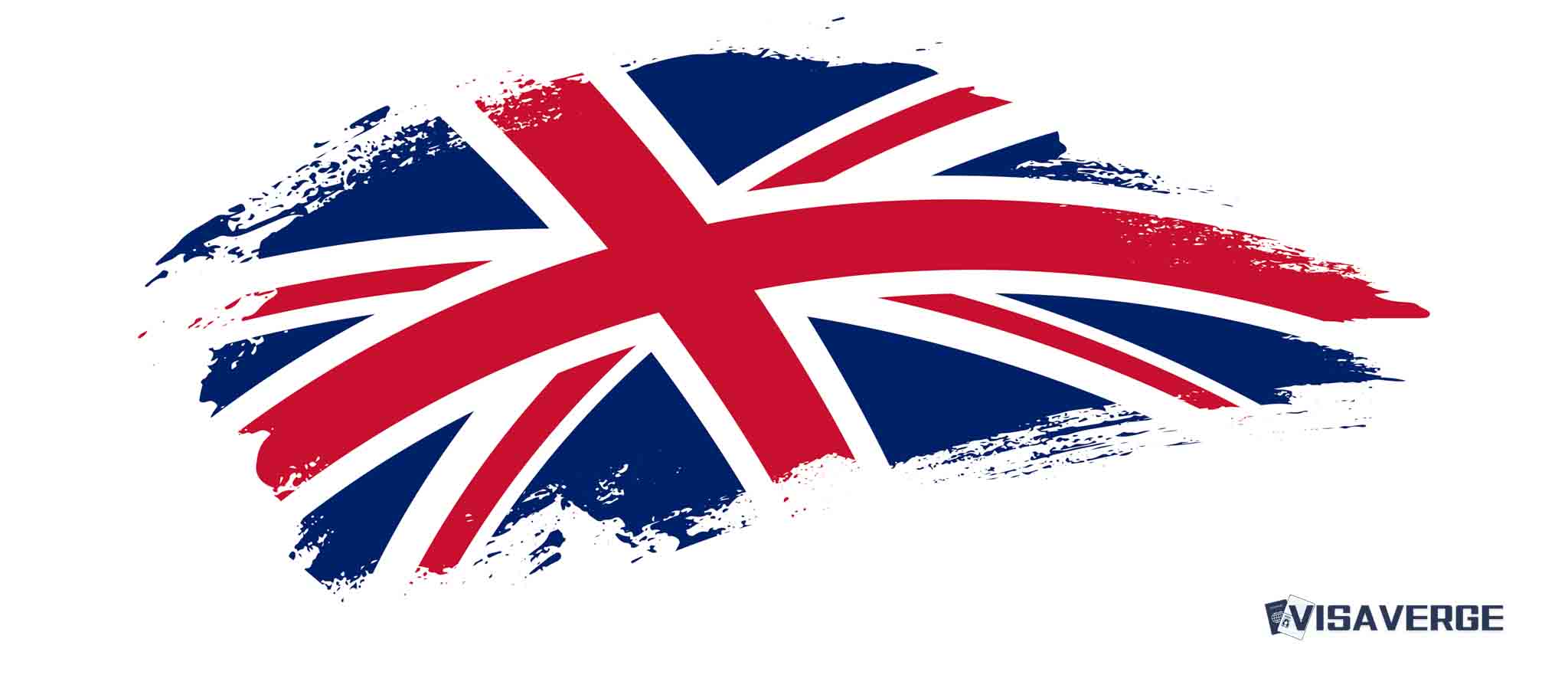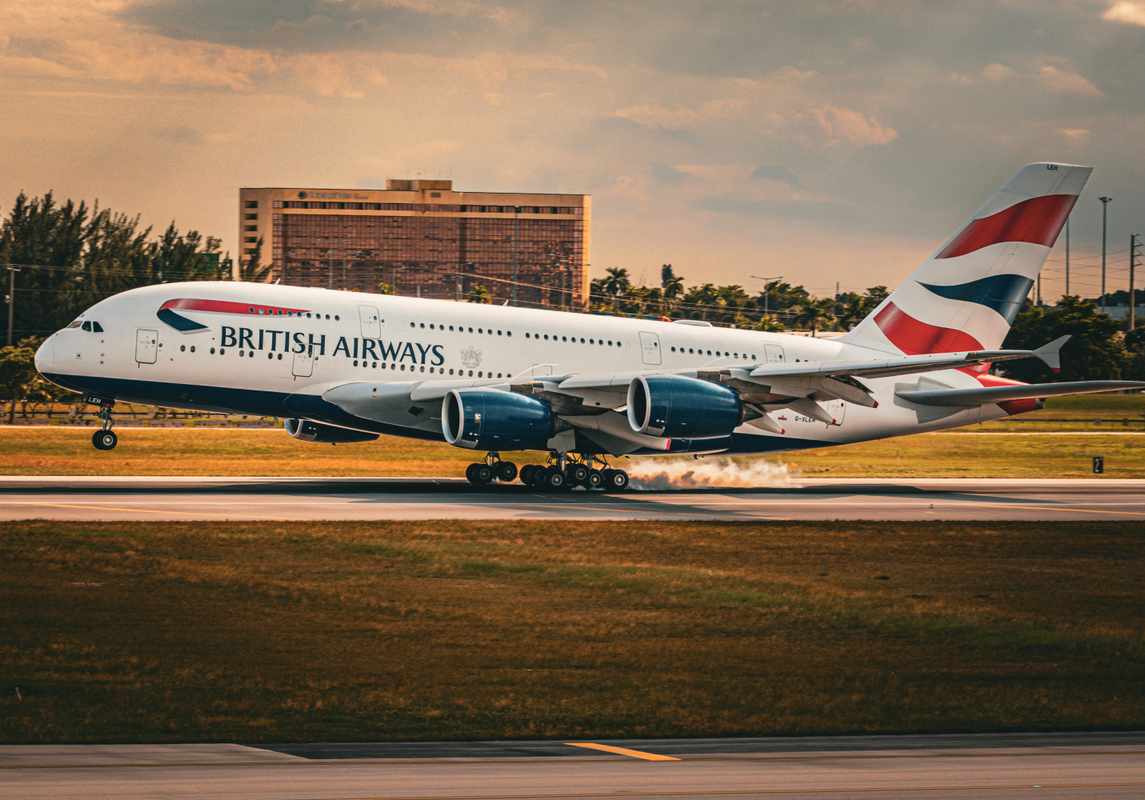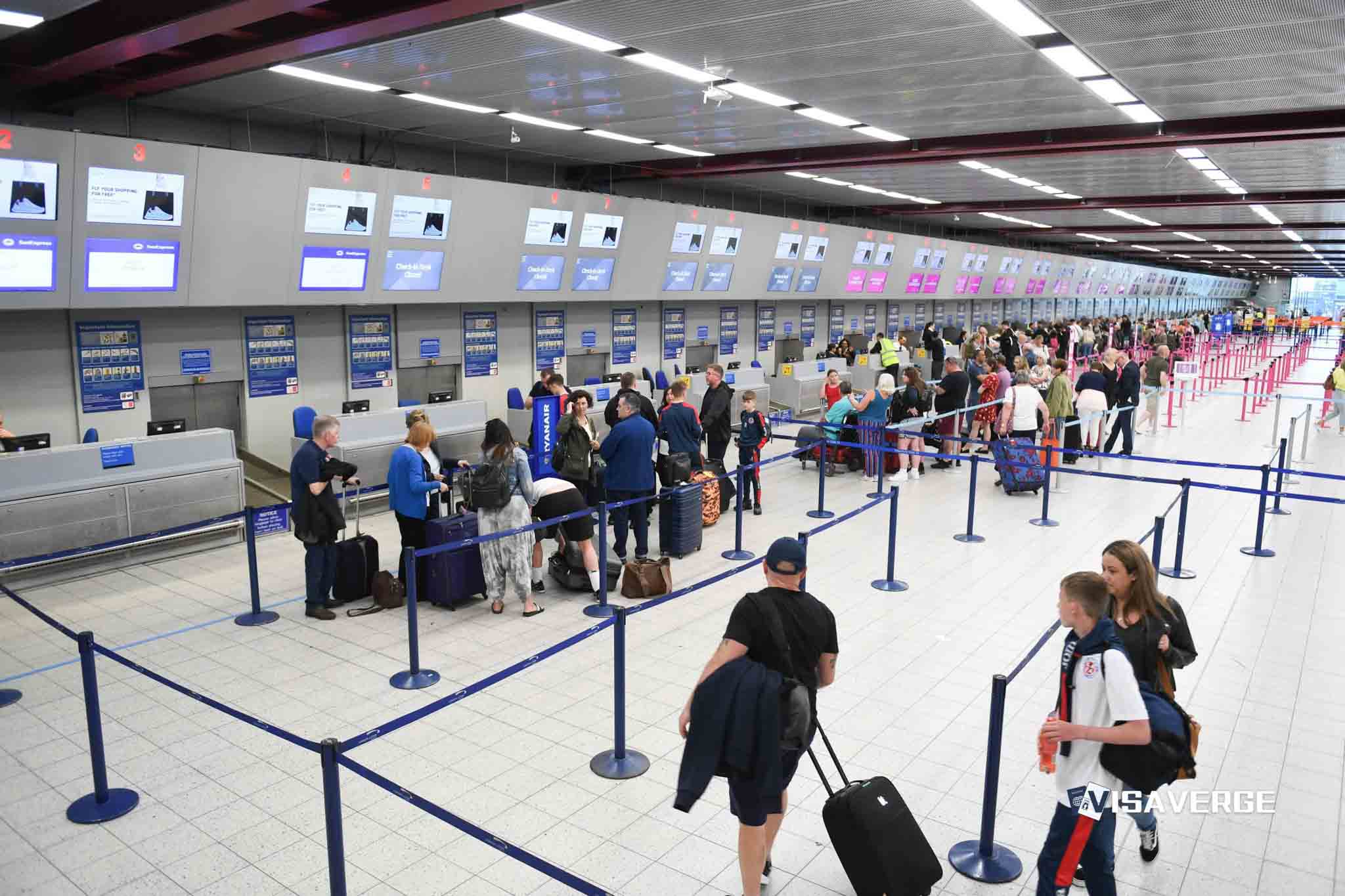When planning to visit the United Kingdom for tourism, one crucial aspect of your UK tourist visa application is proving you have sufficient funds for your trip. It can be a common area of confusion for many applicants. What are the UK visa application funds required? How can you show proof of financial means for UK tourism? This authoritative guide will discuss the key points you need to understand when preparing your visa application.
The Importance of Financial Means for a UK Tourist Visa
The UK government needs to ensure that all visitors can afford their stay without recourse to public funds or overstaying. Therefore, having enough financial resources is an integral part of the application process.
How Much Funds to Show for Your UK Trip
There isn’t a one-size-fits-all answer to how much money you need to show. The amount depends on various factors, including the length of your stay and your accommodation plans. However, here are general guidelines:
- Covering your stay: You should be able to demonstrate that you can pay for your accommodation, daily expenses at a reasonable rate (ranging from £100 to £200 per day), and return travel costs.
- Extra activities: If you plan to travel around the UK or partake in expensive activities, you’ll need to show additional funds.
Remember, the funds must be available in your bank account, and you’ll need to provide bank statements as proof.

Demonstrating Proof of Financial Means
When it comes to providing proof of financial means for UK tourism, here are some essential documents you can provide:
- Bank statements: Recent statements showing your spending and current balance.
- Payslips: If you’re employed, including several months’ payslips to show regular income.
- Sponsorship: If someone is sponsoring your trip, provide their bank statements and a letter of sponsorship.
- Other financial documents: For self-employed or business owners, business account statements, tax returns, and other relevant financial documents can be provided.
Tips for a Successful UK Visa Application
- Consistency is key: All your documents should consistently show that you possess the financial means to support yourself during your stay in the UK.
- Origin of funds: Be prepared to explain the origin of the funds in your bank account. Large deposits will raise questions and may require additional documentation.
- Longevity of funds: Your bank balance should ideally be consistent over a longer period, not just a recent influx of money.
What You Should Avoid
- Insufficient funds: Underestimating costs or showing a balance that barely covers your expenses could lead to concerns over your financial stability.
- Borrowed funds: Injecting your account with borrowed funds to inflate your balance can be identified and frowned upon by visa officers.
For the official guidelines on the funds required for a UK tourist visa, it’s recommended to check the UK government’s website. Always ensure that you are looking at the most current rules, as immigration policies can change.
Final Thoughts
Securing a UK tourist visa requires careful planning and clear evidence of your financial situation. With a well-prepared application that includes solid proof of financial means, your journey to exploring the historical landmarks, cultural attractions, and stunning landscapes of the UK is well within reach.
Always double-check your paperwork and consider seeking advice from immigration experts if you have any doubts. A detailed and honest presentation of your financial capabilities is the best approach to ensure a successful application for your next adventure in the United Kingdom.
Expert Insights
Did You Know?
- Immigration plays a significant role in the economic growth of many countries. According to a report by the International Monetary Fund, a 1% increase in the immigrant population can result in a 2% increase in GDP per capita.
- The United States has the world’s highest number of immigrants. As of 2020, there were more than 47 million immigrants residing in the United States, accounting for approximately 14% of the total U.S. population.
-
Canada has one of the most inclusive immigration policies globally. Approximately 341,000 immigrants are welcomed into Canada each year, making it one of the highest immigration rates per capita among developed countries.
-
The H-1B visa is one of the most sought-after work visas in the United States. However, the demand often exceeds the annual quota. In 2019, USCIS received over 201,000 H-1B visa petitions for only 85,000 available slots, resulting in a random selection process known as the H-1B visa lottery.
-
The United Arab Emirates (UAE) has one of the highest proportions of immigrants in the world. As of 2020, approximately 88% of the UAE’s population were immigrants, with the majority coming from countries like India, Pakistan, and Bangladesh.
-
The Immigration and Nationality Act of 1965, also known as the Hart-Celler Act, dramatically changed the U.S. immigration system. It replaced the national origins quota system, which heavily favored immigrants from Europe, with a system that prioritized family reunification and employment-based immigration.
-
Japan has a unique system called the “Highly Skilled Foreign Professionals” visa, which aims to attract highly talented individuals to contribute to the country’s growth. Under this program, qualified foreign professionals receive preferential treatment and fast-track access to permanent residency.
-
Germany has a program called “Blue Card” that allows highly skilled non-EU workers to live and work in the country. The requirements include a university degree, a job offer with a minimum salary threshold, and German language skills.
-
New Zealand offers a pathway to citizenship through a program called “Migrant Investor Category.” Individuals with a minimum investment of NZD 3 million can apply for New Zealand residency, leading to citizenship after a certain period of time.
-
In 2019, immigrants sent over $550 billion in remittances to their home countries, surpassing the total amount of foreign aid received by developing countries. Remittances play a crucial role in supporting families, improving living standards, and stimulating economic growth in many developing nations.
These fascinating facts shed light on the significant impact of immigration on various countries, the diversity of immigration policies worldwide, and the economic and social contributions of immigrants.
Learn today
Glossary or Definitions:
- UK Tourist Visa: A visa granted by the UK government to individuals who wish to visit the United Kingdom for tourism purposes.
- Financial Means: Refers to the availability of sufficient funds or financial resources to cover expenses during a visit or stay in the United Kingdom.
- Public Funds: State-provided financial assistance or welfare benefits, such as social security or unemployment benefits.
- Overstaying: Remaining in a country beyond the authorized period of stay according to the visa or immigration regulations.
- Accommodation: A place where a person intends to stay during their visit or stay in the United Kingdom, such as hotels, guesthouses, or rented accommodations.
- Daily Expenses: The amount of money required to cover the costs of meals, transportation, and incidental expenses on a daily basis.
- Bank Statements: Official documents issued by a bank that provide a record of a person’s financial transactions, including deposits, withdrawals, and balances in their bank account(s).
- Payslips: Documents provided by an employer that detail the earnings and deductions of an employee’s salary or wages.
- Sponsorship: When someone financially supports and takes responsibility for another person’s visit or stay in the United Kingdom.
- Self-Employed: A person who works for themselves rather than as an employee, often owning and operating their own business or freelance work.
- Business Account Statements: Official bank statements that detail the financial transactions and balances of a business’s bank account(s).
- Tax Returns: Documents filed with the government that provide information about an individual’s or business’s income, deductions, and tax liability for a specific period.
- Consistency: Ensuring that all provided documents and financial evidence are coherent and match each other in terms of financial resources and income information.
- Origin of Funds: The source or origin from which the funds in a bank account have been obtained, such as employment earnings, business profits, or gifts.
- Insufficient Funds: If the funds or financial resources shown in the visa application do not meet the required amount to cover the expenses of the trip.
- Borrowed Funds: When an applicant includes funds in their bank account that have been borrowed from another person or entity rather than genuinely belonging to the applicant.
- Visa Officers: Officials responsible for reviewing and making decisions on visa applications, assessing the eligibility of applicants based on various factors, including financial means and documentation.
- Immigration Policies: Rules, regulations, and laws set by a country’s government governing the entry, stay, and departure of foreign nationals in that country.
So, there you have it, my tech-loving friends! The ins and outs of showing your financial means for a UK tourist visa. It can be a bit confusing, but with this guide, you’ll be armed with all the knowledge you need to impress those immigration officers. And if you want even more visa wisdom, head on over to visaverge.com for all your travel visa needs. Happy exploring!
FAQ’s to know:
FAQ 1: What are the UK visa application funds required?
To apply for a UK tourist visa, you need to demonstrate that you have sufficient funds to cover your stay, daily expenses, accommodation, and return travel costs. The specific amount varies depending on factors such as the length of your stay and your planned activities. Generally, you should aim to show funds ranging from £100 to £200 per day for your stay in the UK. However, it’s important to check the official guidelines provided by the UK government’s website for the most up-to-date requirements.
FAQ 2: How can you show proof of financial means for UK tourism?
When applying for a UK tourist visa, there are several documents you can provide as proof of your financial means. These include recent bank statements showing your spending and current balance, several months’ payslips if you’re employed to demonstrate regular income, bank statements and a letter of sponsorship from a sponsor if someone else is financing your trip, and other financial documents such as business account statements and tax returns if you’re self-employed or a business owner. It’s important to ensure that all the documents consistently show that you have the necessary funds available to support yourself during your stay in the UK.
FAQ 3: What tips can help ensure a successful UK visa application?
To increase your chances of a successful UK visa application, it’s important to keep a few things in mind. Firstly, ensure your documents consistently demonstrate your financial stability and ability to support yourself during your stay. Be prepared to explain the origin and longevity of the funds in your bank account, as large deposits and recent influxes of money may raise questions. Avoid underestimating costs and showing insufficient funds, as this could indicate a lack of financial stability. Additionally, avoid injecting borrowed funds into your account, as this can be identified and negatively affect your application. Double-check your paperwork, stay updated with the latest immigration policies, and consider seeking advice from immigration experts if needed.
What did you learn? Answer below to know:
-
What factors influence the amount of funds required for a UK tourist visa application?
a) Length of stay and accommodation plans
b) Type of visa and nationality
c) Purpose of visit and age
d) Mode of transportation and travel itinerary -
Which documents can be provided as proof of financial means for a UK tourist visa application?
a) Bank statements, payslips, and sponsorship letter
b) Utility bills and tax returns
c) Rental agreements and credit card statements
d) Employment contracts and university transcripts -
What is one important consideration when providing proof of financial means for a UK tourist visa application?
a) The number of different bank accounts you have
b) The consistency of the documents in showing financial stability
c) The number of years you have been employed at your current job
d) The total amount of funds in your bank account at the time of application







